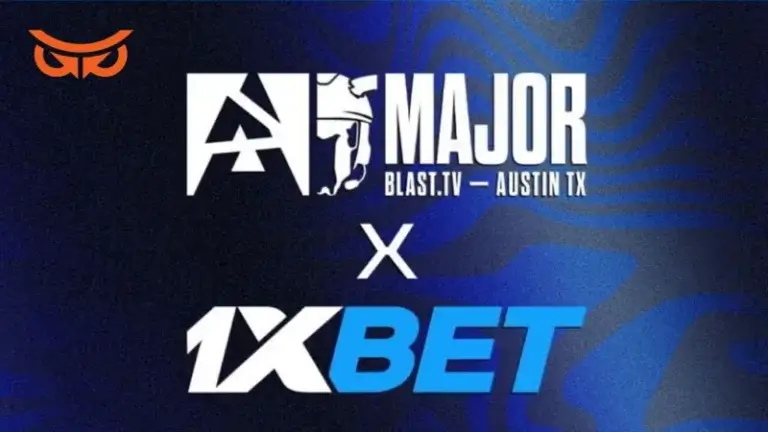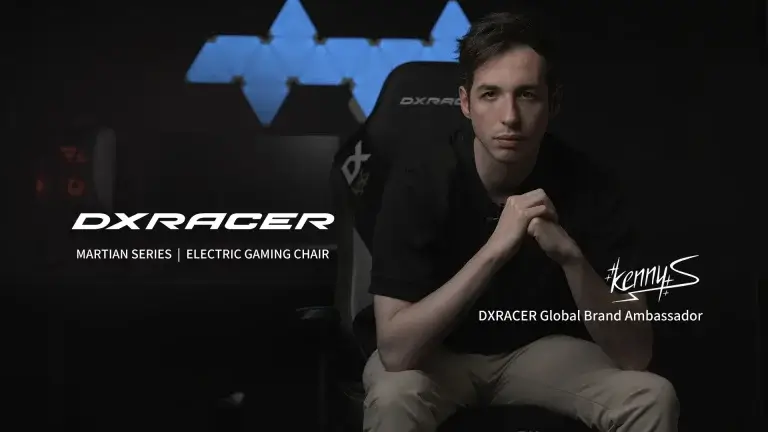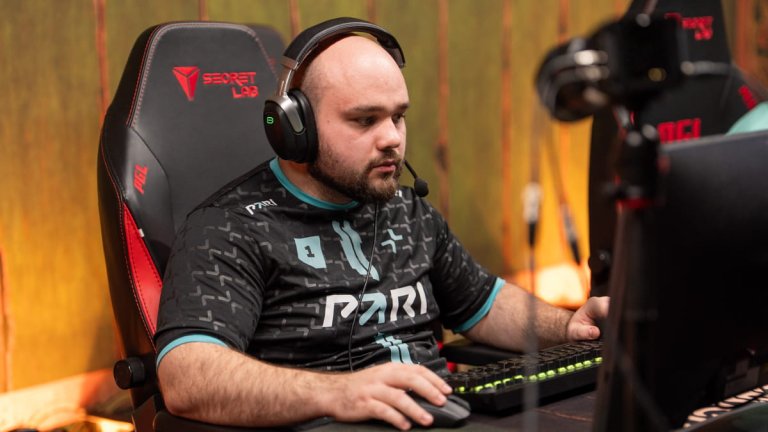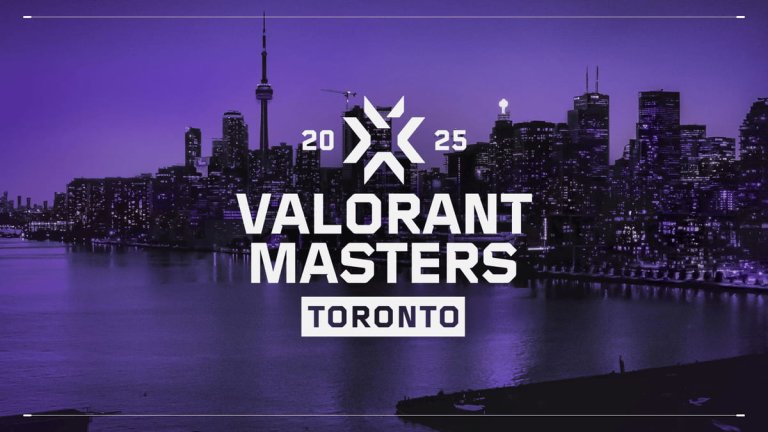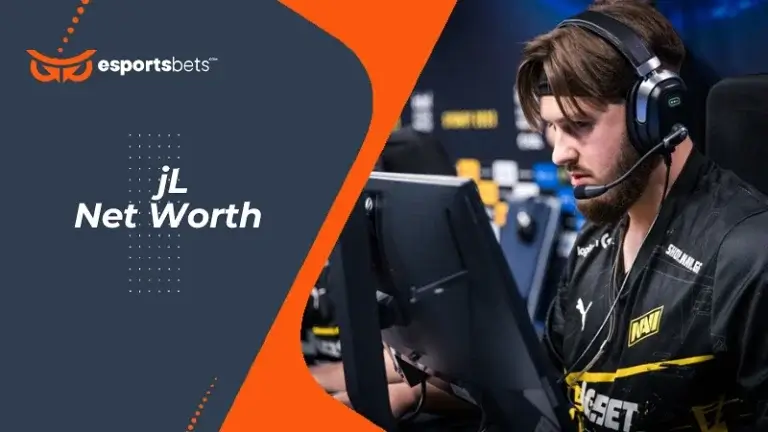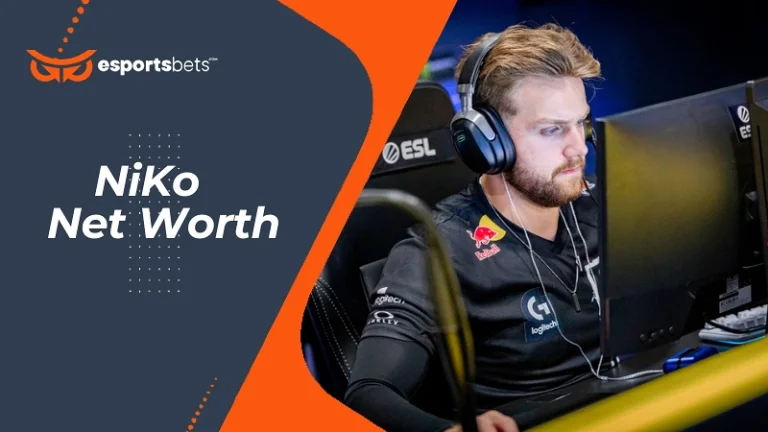The business of Esports: From the basement to the classroom
It wasn’t too long ago that the very idea of playing video games at a professional level was completely unheard of. Most of the competition surrounding video games was the desire to beat the top score at whatever cabinet you chose at the arcade. It wasn’t until the advent of the internet and the prevalence of LAN parties that the “sport” of esports began to grow. It still has a long way to go, in a 2013 episode of Real Sports with Bryant Gumbel, when discussing the topic of esports, the panellists did not just dismiss the idea of them, they laughed it out of the studio.
Despite the established sports industry seemingly laughing at the very idea of esports, its popularity has skyrocketed, there are tournaments with multi-million dollar prize pools, teams with adoring diehard fans, and an industry with an estimated global revenue of $1.1 billion in 2020. It isn’t just folks playing at home anymore, this sport requires a backbone of training and education.
“Git Gud” – Breaking into esports
To be a competitive player in the esports scene, you need talent, dedication, and most importantly, you need to train. To that end, many esports organisations set up gaming houses, a single location where players live and train together as a team. It helps them bond and train as a single unit.
Before you get close to consideration for a professional team, you need to get good. A recent offer from the gaming audio company EPOS allows anyone who purchases one of the Sennheiser GSP 300 Series, GSP 500 Series, or GSP 600 Series headsets to gain exclusive access to the EPOS Masterclass livestreams in January 2021. The EPOS Masterclass consists of four classes including one on pro tips and strategies for CSGO, another for League of Legends, information on pro training, lifestyle, and breaking into the competitive scene, and a look at both the future of esports and professional understanding of esports casting.
There is a similar class being offered by the esports programme management firm, Learn2Esport. They have partnered with Twitch to offer a curriculum for gamers looking to breaking into streaming as a career. There are ways to dip your toe in the pond of professional gaming without any significant investment.
These smaller courses are an indicator of the industry at large, they are small taster sessions of what it takes to play video games professionally. Companies are now offering small courses like these because they understand that a larger base of employed professional gamers will be good for their bottom line. In the case of the Twitch curriculum, it does not have to be pro gaming, but the industry knowledge should carry over quite well.
We have previously reported on other companies offering courses for gamers looking to make a career out of video games, like the Pipeline and Elgato online streamer training.
Studying the business of esports
Outside of training to become a pro gamer, there are many other avenues into the esports industry. It takes a lot more than a few dozen people who are good at League of Legends to run a tournament. The behind the scenes work in the esports community rivals that of more traditional sports.
Universities and Colleges around the globe are offering Bachelor’s and even Master’s degrees in esports. Despite what a few sensational news stories might have you believe; you will not be paying thousands to sit around and play games all day. These courses focus on the business aspects of the esports industry. Matt Huxley, a lecturer at Staffordshire University’s Digital Institute London, spoke to CBS News about their new esports degree,
“People are unaware of the industry that goes behind esports. If you were to go and study to be a director of football you’re not playing football, you’re learning the business behind how (player) transfers work, how you run a stadium and all those kind of operational things.”
There are at least fourteen different universities that offer courses on Esports in England alone. They focus on the industry and prepare students not to play games, but to organise the events, run the teams, and promote the business. The industry is growing at a rapid rate, even smaller colleges are offering short courses on esports and the industry. It is important for the general public to realise how much of a dominant force the esports industry will become. It is already valued at over a billion dollars and an industry of this size will naturally need a serious investment in training.
The future of the business
It isn’t hard to look into the future of esports, all you need to do is look at the wildly popular “traditional” sports. They are multi-billion-dollar industries that garner fans from around the world, and much like esports, they have facilitated the growth of other smaller side businesses like betting, commenting, and casting.
It is only natural that the rest of the world is starting to catch up with the industry. Like most things, if they make enough money eventually everyone will get interested.














